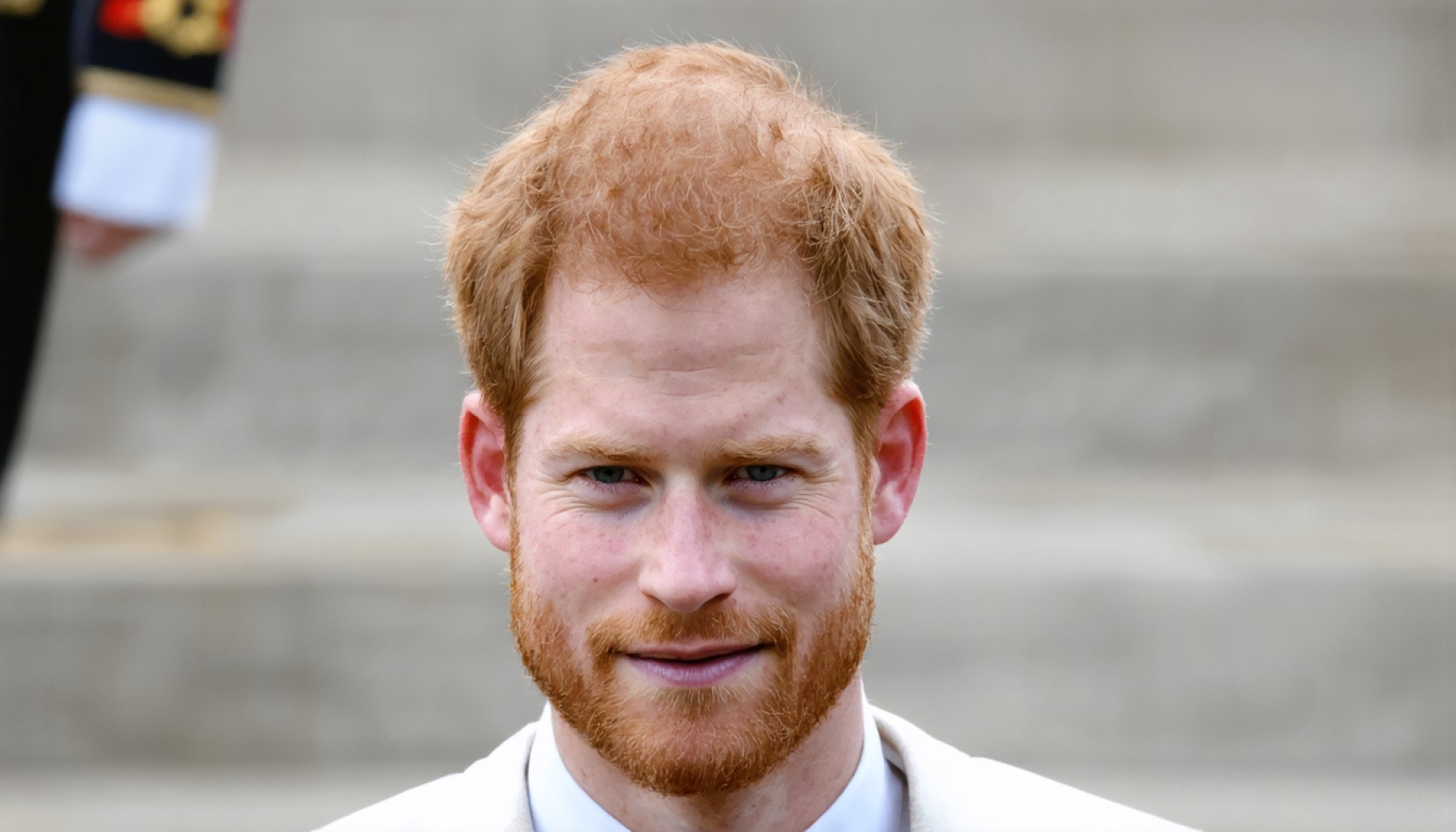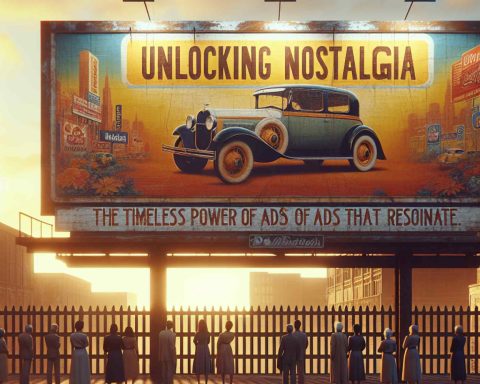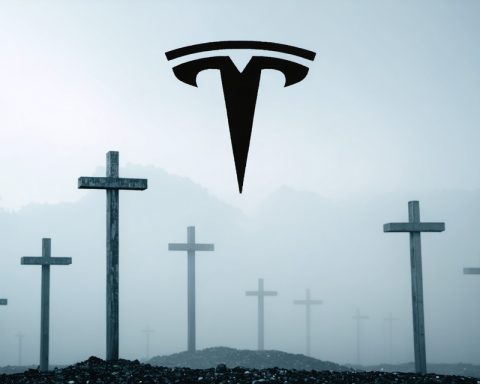- King Charles III faces severe health challenges, significantly impacting his royal duties and raising questions about the future of the monarchy.
- Prince William, next in line, hesitates amid personal and familial pressures, influenced by the enduring legacy of Queen Elizabeth II.
- Speculation increases around Prince Harry, now residing in the U.S., as a potential modernizing force for the monarchy.
- Harry’s candidness and charisma grow appealing to the public, positioning him as a refreshing alternative to a reluctant William.
- A potential shift in royal succession creates buzz, with bookmakers noting Harry as a possible contender to assume a new royal role.
As dark clouds loom over the British monarchy, the traditional soundness of the royal succession finds itself rattled by unforeseen circumstances. King Charles III battles an unrelenting cancer, quietly withdrawing from public duties and international travel. His physical presence wanes, tethering him to domestic soil, and casting a shadow of uncertainty over the Commonwealth countries he symbolizes.
Eyes shift to the next in line—Prince William, the Duke of Cambridge. However, whispers grow louder throughout the United Kingdom: William hesitates. The looming shadow of Queen Elizabeth II remains vivid; a colossal figure whose legacy is far from fading into the annals of history. William’s trepidation is understandable; ascending the throne now, amid personal family struggles, seems daunting.
Amidst the swirling speculation, attention pivots to Prince Harry. Once the rebellious scion, now an independently spirited figure residing across the Atlantic, a life intertwined with Hollywood stardust. Despite a modest distance from the royal fold, Harry’s charisma and verve stir a curious hopefulness among the public. His candidness, once perceived as unorthodox, now paints him as refreshingly genuine—an attribute perhaps craved in restorative measures for the monarchy’s image.
Bookmakers are abuzz, the odds shifting with each passing day. Harry, with his undeniable self-assurance and ambitious streak, grows favorable among royal enthusiasts who shiver at the thought of a reluctant William. The once-peripheral prince emerges as a viable candidate, an embodiment of a modern monarchy.
In a dance as old as the monarchy itself, the wheels of fate and circumstance turn, contemplating the unimaginable: Could Prince Harry become the unlikely torchbearer, rekindling the monarchy’s flame in a contemporary world? As the drama unfolds, the steadfast British public watches, enraptured by the possible dawn of a new royal era.
Could Prince Harry Revolutionize the British Monarchy Amidst Crisis?
Real-World Use Cases
As the British monarchy faces turbulence with King Charles III’s illness, conversation shifts to the potential pathways of royal succession. Prince Harry, though distant, emerges as a surprising contender inspired by his modern appeal and international influence. To explore this, let’s examine scenarios where Harry’s unique attributes might benefit the monarchy:
– International Relations: Living in the U.S. and having exposure to American culture, Harry is well-positioned to enhance UK-U.S. relations and perhaps influence broader international discourse.
– Modernization of the Monarchy: Harry’s presence in the digital and socio-political spheres could help transition the monarchy into a more contemporary and relatable institution, resonant with younger generations.
Reviews & Comparisons
In comparing potential successors, we must consider personal strengths and public opinion:
– Prince William: Traditionally favored for his preparation and proximity to royal duties. However, the pressure and expectation loom large, creating hesitation.
– Prince Harry: Once marginalized, now favorable for his charisma and media savviness. Critics argue his distance could be a limitation, yet others see it as a strategic advantage.
Controversies & Limitations
Prince Harry’s bid for relevance in royal affairs is not without contention. Key issues include:
– Royal Protocol and Distance: Operating from afar could hinder his ability to engage wholly with certain UK-centered duties and traditions.
– Public Perception: While some admire his outspoken nature, others bristle at what they see as an unduly relaxed attitude towards royal responsibilities.
Market Forecasts & Industry Trends
Though we’re discussing the monarchy, insights from public opinion as shaped by media technologies can influence royal matters:
– Social Media and Public Influence: A Bloomberg report highlights how digital media increasingly molds public personas, a trend from which Harry benefits immensely.
– YouGov Surveys: Polls indicate shifting public favor towards younger, more dynamic royals. Harry often ranks favorably in these surveys.
Conclusion & Recommendations
For Harry to transition from peripheral prince to potential monarchy rejuvenator, he should:
1. Enhance UK Engagements: Reinforce ties with British public activities and stories that knit him closer to the national fabric.
2. Amplify Charitable Efforts: Continue his impactful initiatives, such as the Invictus Games, to cultivate public goodwill.
3. Strengthen Media Strategy: Leverage his already strong media presence to articulate a positive vision for a future-oriented monarchy.
Additional insight can be found at the official websites of the British Royal Family for up-to-date news and projects within the monarchy.
In these evolving times, Harry stands as a beacon for a possibly reimagined monarchy that balances tradition with modernity. The British public will surely continue to watch, invested in this unfolding royal narrative.








